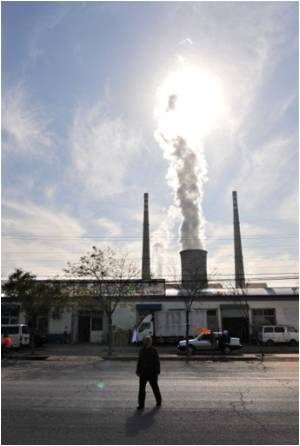A Japanese study has claimed that China is to blame for high mercury levels atop Japan's beloved Mount Fuji.

Osamu Nagafuchi, lead scientist of the study said that whenever readings were high, winds were blowing from China.
Fuji was chosen because it's a place unaffected by urban pollution, said Nagafuchi, an environmental science professor at the University of Shiga Prefecture.
Pollution levels on Mt. Fuji have been monitored annually since 2007, he revealed adding the decision to carry out the study on the 3,776-metre (12,389-feet) peak had nothing to do with it being designated a UNESCO World Heritage site earlier this year, the report said.
The UNESCO designation led to a surge in visitors to the iconic peak, which figures heavily in Japanese art and literature, during this summer's climbing season, the report added.
Mercury levels around the top of peak were up to double levels found in other places free of heavy pollution, according to the survey, conducted in August with non-profit group Valid Utilization of Mt. Fuji Weather Station, the report further said.
Last month, China vowed to reduce levels of atmospheric pollutants in Beijing and other major cities by as much as 25 percent to try to improve their dire air quality, the report mentioned.
 MEDINDIA
MEDINDIA




 Email
Email




